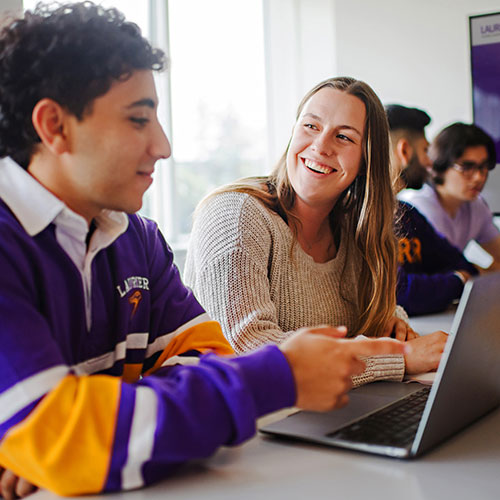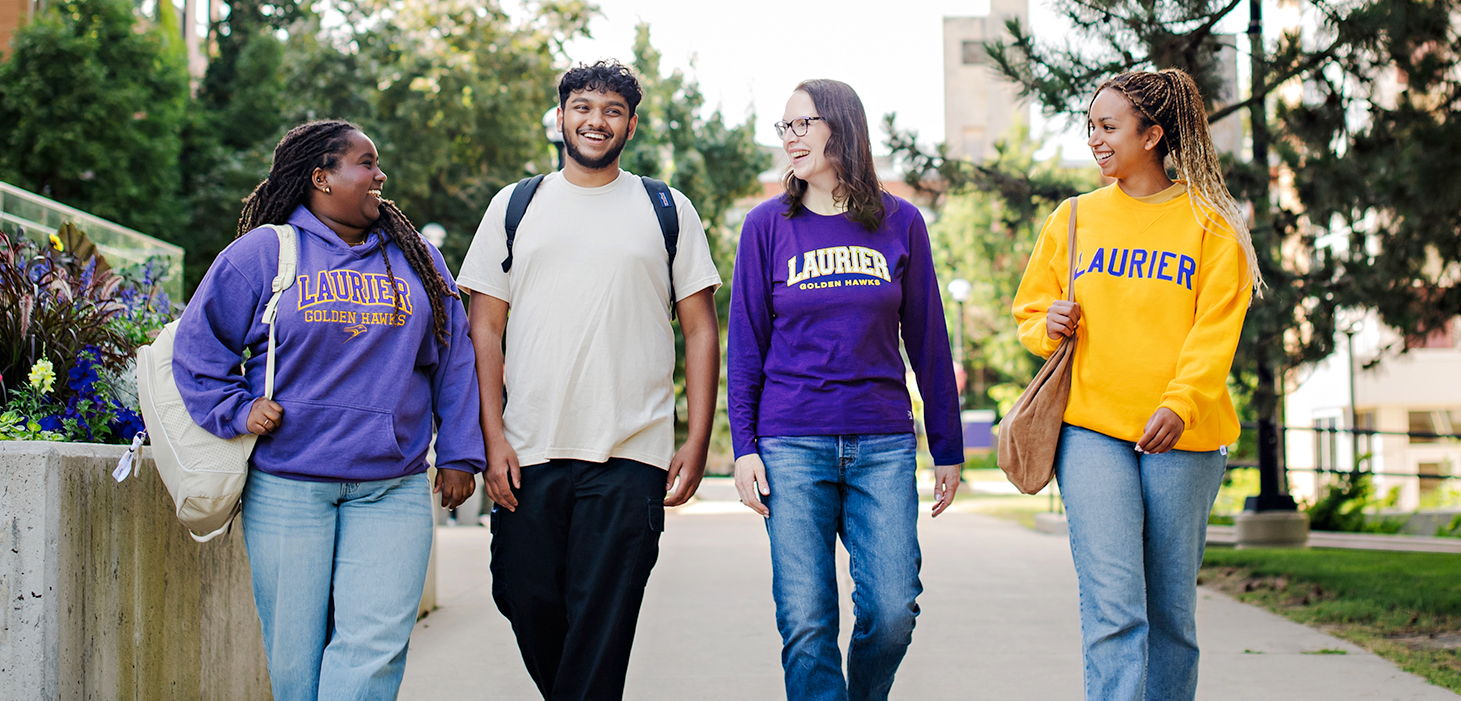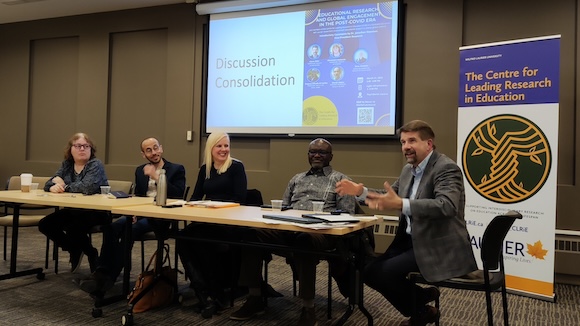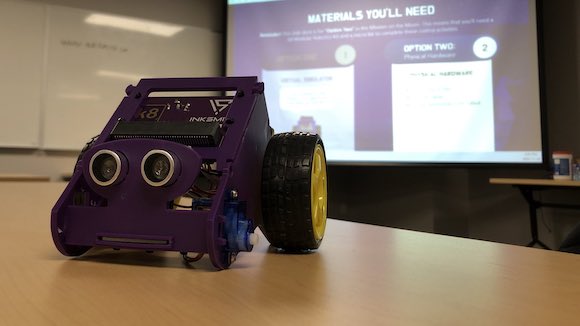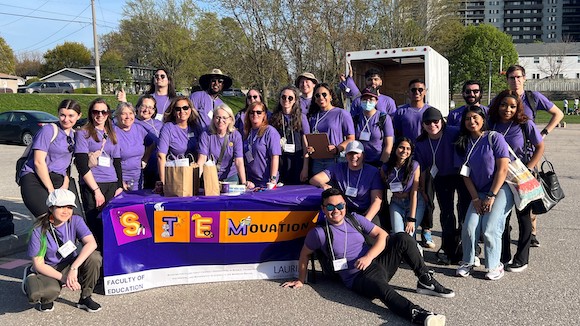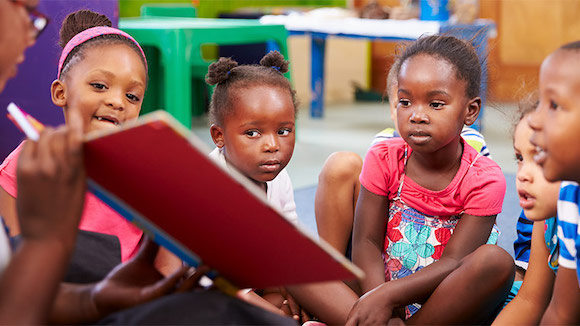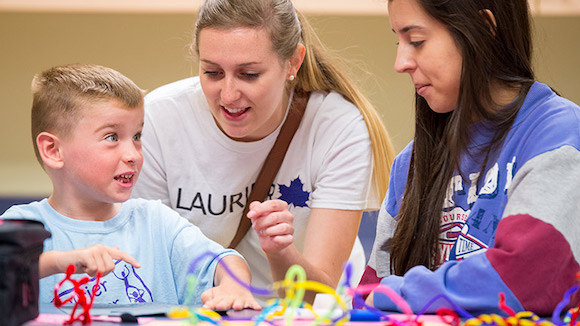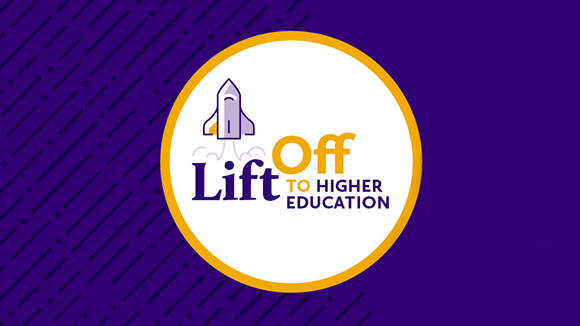Graduate Research
The Master of Education (MEd) program provides opportunities for students to be involved in research. All students are offered graduate courses specific to research methodologies, with additional optional opportunities to participate in a new research-intensive stream within the MEd. Graduate students may also work on research projects through an independent study and as part of a faculty member's research team.
A PhD program is anticipated in the future and will provide further opportunities for students and faculty to engage in research.


